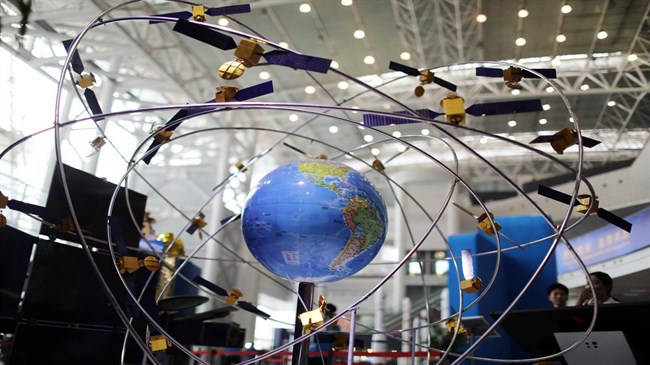
China said Friday it’s Beidou Navigation Satellite System that imitates the U.S. Global Positioning System will have competed with the launch of its last two satellites in the first half of one year from now.
Project director Ran Chengqi told correspondents that the core of the positioning system was finished for the current month with the launch extra satellites carrying its complete constellation to 24.
That was up from 19 the prior year, making it one of rising space power China’s most complex projects.
Ran depicted the system at a rare news conference as having “high-performance indicators, new technology systems, high localization, mass production networking and a wide range of users.”
“Before June 2020, we plan to launch two more satellites into geostationary orbit and the Beidou-3 system will be fully completed,” Ran said.
The most recent launches mark the third iteration of Beidou, signifying “Big Dipper,” the first was decommissioned in 2012. Plans call for a smarter, more accessible and more integrated system with Beidou at its core, to come online by 2035, Ran said.
“As a major space infrastructure for China to provide public services to the world, the Beidou system will always adhere to the development concept of ‘China’s Beidou, the world’s Beidou, and the first-class Beidou,’ serving the world and benefiting mankind,” Ran said.
China’s space program has grown quickly along all lines over the past two decades and creating independent high-tech capabilities—and even dominating in fields, for example, 5G data processing—is a significant government priority.
In 2003, China became only the third nation to independently launch a kept an eye on a space mission and has since built a test space station and sent up a couple of meanderers to the surface of the moon. Plans call for a completely working permanent space station, a mission to Mars and a potential crewed flight to the moon.
Mark Ronald is an award-winning freelance writer, and a journalist, with a passion for creating news about national and international issues. Mark has worked imitational with marketing. He works seasonally on heraldquest.com website and is also a regular contributor.
Disclaimer: The views, suggestions, and opinions expressed here are the sole responsibility of the experts. No Herald Quest journalist was involved in the writing and production of this article.